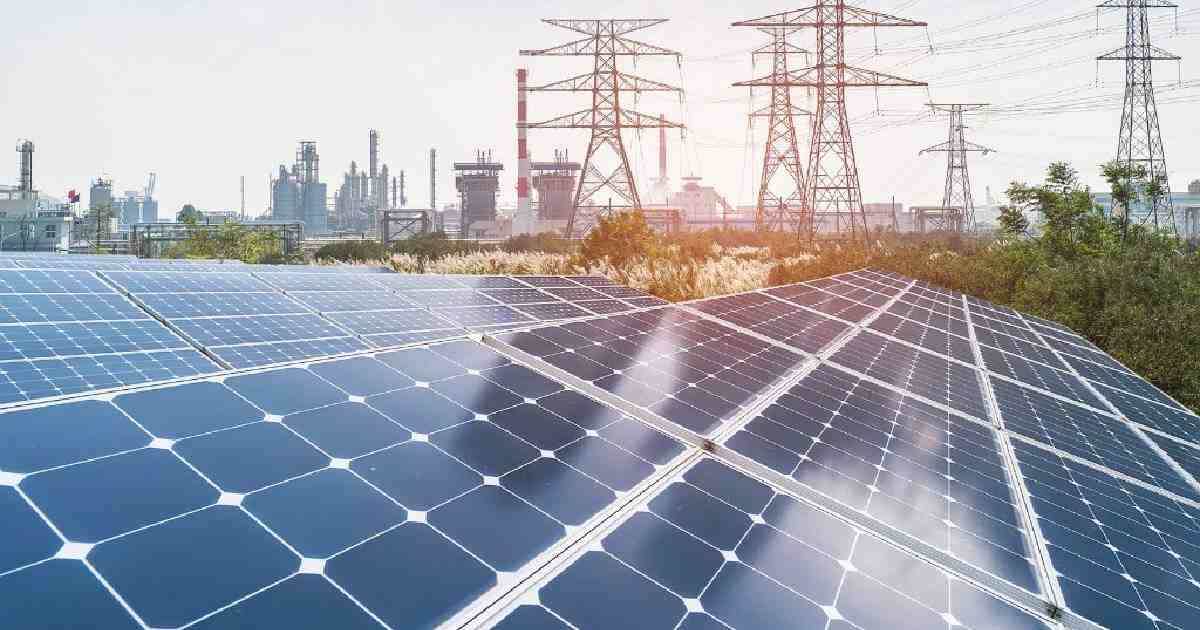A government move to generate solar power using the rooftops of Dhaka University buildings has made little headway even after two years.
In early 2019, Dhaka Power Distribution Company (DPDC) had approached the Dhaka University authorities, seeking to use the rooftops of the varsity’s 72 buildings for solar power generation after failing to pursue different government departments for the same.
DPDC had also selected Bengal Solar, a private firm, to execute the project at its own cost under the independent power producer (IPP) model, with a promise to purchase electricity from the company for 20 years. But nearly two years on, the university solar power project is still stuck in the starting block — tariff.
Only recently, and that too after a long persuasion, did a tripartite meeting took place between the project’s private sponsor, rooftop provider and the power purchaser, but tariff remained a bone of contention between the stakeholders, sources in DPDC and DU said.
Bengal Solar, the sources said, was offering 11 US cents a unit, while DPDC was asking to fix the same at 7.5 US cents.

At one stage, the sources said, when the net-metering policy was introduced by the government to facilitate the consumers’ sale of unconsumed solar power to distribution companies, DPDC officials had skipped the negotiations and offered DU to sell the electricity under the new policy, which finally caused the delay in settling the issue.
And seeing the excessive delay, the DU authorities recently wrote a letter to the Power Secretary to intervene and settle the power tariff issue and expedite the project execution, UNB has learnt.
Prof Saiful Haque, director of Institute of Energy at Dhaka University, who has been coordinating the scheme on behalf of the varsity, said the rooftops of the 72 buildings have a potential of generating about 5 MW of solar power.
When contacted, DPDC chief engineer Mohiuddin Ahmed said they’re hopeful of settling the issue soon. “We’ve already sat in the tripartite meeting and asked the project sponsor to provide the detailed analysis of the tariff offered for the project. Being a commercial organisation, we always prefer to settle any tariff issue on commercial basis.”
Earlier DPDC had unsuccessfully tried to pursue different government agencies, including the Food Directorate, the Shilpakala Academy, the Women and Children Directorate, and the Education Directorate, for using their rooftops for the project, but none agreed.
Officials said the DPDC has initiated the move for solar power projects as part of the government plan to generate 10 percent electricity from solar power by 2020 to promote renewable energy across the country.
The country’s solar power generation still remains below 450 MW, while the total power generation capacity is about 23,000 MW, the officials said.

